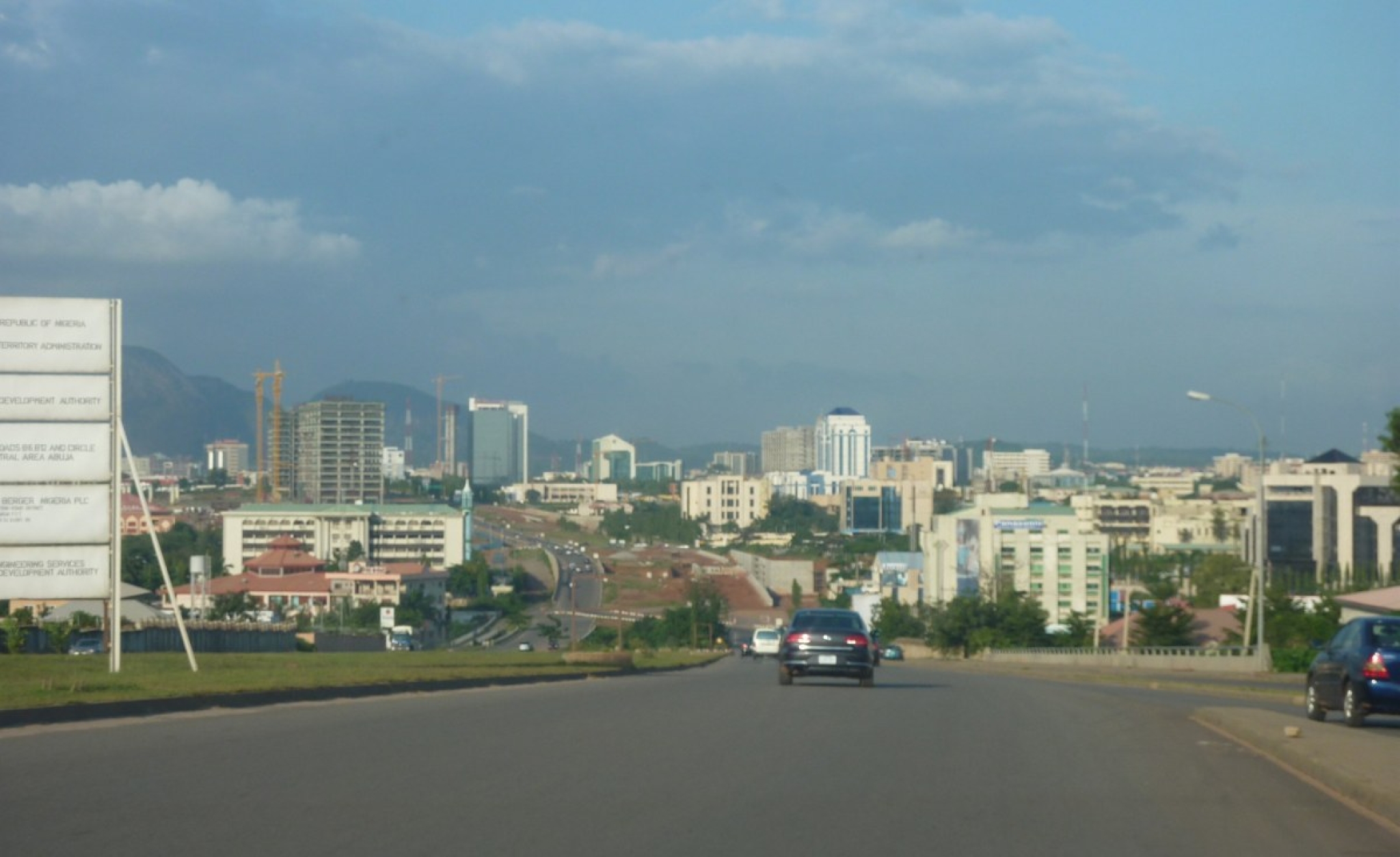For decades, members of the Rastafari community have been persecuted and imprisoned for their ritualistic marijuana use.
“I (was) born within the Rastafari community. My mother and father are Rastafari,” says Ras Kiyode Erasto, a priest with the Ras Freeman Foundation for the Unification of Rastafari.
Erasto suffered bullying and discrimination growing up. At one point, he says, his mother had to cut his dreadlocks so he could be allowed into school.
“The children, Rastafari children, we couldn’t go to school at one time,” he says.
But the tiny islands of Antigua and Barbuda recently became one of the first Caribbean nations to grant Rastafari official sacramental authorization to grow the herb.
“We are more free now,” says Ras Tashi, another priest with the Ras Freeman Foundation for the Unification of Rastafari in Antigua.
“We can come and plant any amount of marijuana on this groundation. And no police can come and take up any plant. We fight for that rights and we get that rights.”
For Rastafari, the practice and use of marijuana brings them closer to the divine.
Ras Kiyode calls it a food source, aiding them into meditation and a deeper consciousness.
“To deprive us of our food, of our medicine, we saw that as being unjust,” he says.
Prime Minister Gaston Browne told The Associated Press his government took this step to try to bring respect to the Rastafari faith.
The change came after the government decriminalized cannabis in 2018, and later made it legal for medicinal use.
“We pride ourselves as an all-inclusive government, and we believe that we have to provide a space for everyone at the table, irrespective of their religion, whatever denomination, whatever faith they may practice,” says Prime Minister Browne.
“We have come a long way from, you know, discrimination and the castigation, the violence against Rastafari to one in which they are fully embraced,” he adds.
Earlier this year, Browne even met with Rastafari groups and granted them legal licenses from the country’s medical cannabis authority to grow the plant for religious purposes.
Through a lease from the government, a former sugar cane plantation, a symbol of slavery and British colonial oppression, in Antigua has been transformed into worship grounds, sustainable farmland and the headquarters for the Ras Freeman Foundation, one of the island’s main Rastafari groups.
On a recent Sunday, the group met to cook an ital meal, a full vegetarian diet used by Rastafari.
And they help worship service within their tabernacle, singing, beating drums, waving Rastafari flags in the green, gold and red colors of the faith, and smoking marijuana.
“We preach sustainability, we preach farming, preserving the history. Never forget we come from Africa and we must return to Africa. That’s what I want people to see us as,” says Ras Richie, a member of the Ras Freeman Foundation and co-founder of Humble and Free Wadadli, which leads eco-tours to the farm and sacred grounds.
The small nation of about 100,000 people has gone further than regional efforts by larger countries, and hopes to set a global example.
“Little Antigua. According to the works, we are organizing centralizing in the small islands in the Caribbean. And other ones are seeing the strategy and getting to know the right way and are using it so that they all can have the same benefit,” says Ras Tashi, after Sunday service in the Tabernacle.
As public opinion and policy around marijuana continues to shift across the world, Rastafari in Antigua and Barbuda continue to push for broader relaxation and full legalization of the plant.


